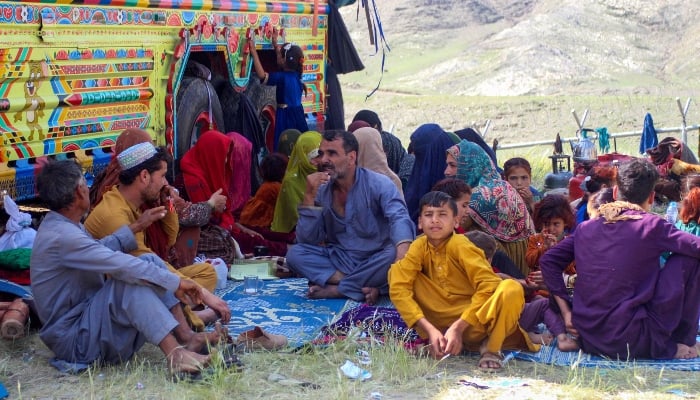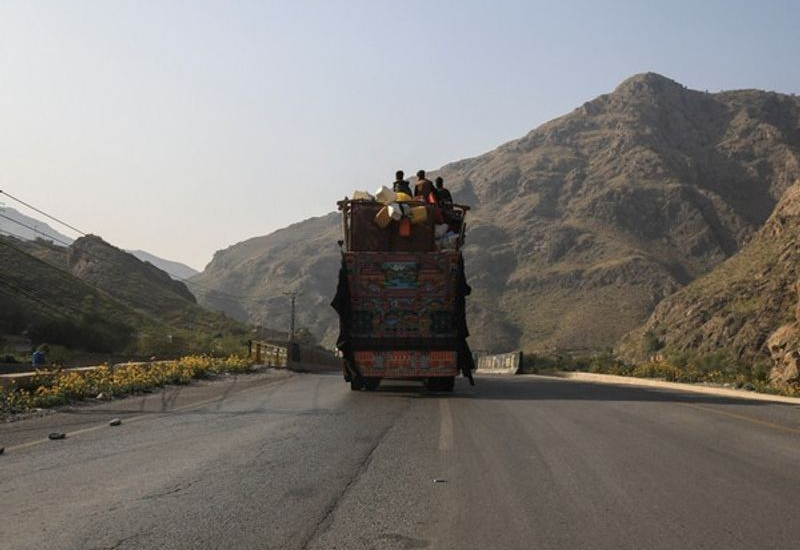
Over 5,200 Afghan Nationals Repatriated via Torkham Big Border
In a significant development, at least 5,236 Afghan nationals have been repatriated through the Torkham border crossing in recent days, as part of Pakistan’s ongoing efforts to expel undocumented foreign nationals. This move aligns with Pakistan’s broader strategy to deport approximately 3 million undocumented Afghans by the end of the year, a plan that has been met with both logistical challenges and humanitarian concerns.
Details of the Recent Repatriation
According to the Khyber Pakhtunkhwa (KP) Home Department, the repatriation process has intensified following the expiration of the voluntary departure deadline for Afghan nationals residing in Islamabad and Rawalpindi. The majority of these individuals crossed the Torkham border, a primary transit point between Pakistan and Afghanistan. The figures indicate a significant uptick in repatriations, reflecting the government’s commitment to enforcing its immigration policies.
Humanitarian Implications
While the repatriation is part of Pakistan’s legal framework, it has raised concerns among humanitarian organizations. Reports indicate that many returnees are facing dire conditions upon arrival in Afghanistan, including lack of shelter, food, and access to basic services. Aid agencies have highlighted the challenges in providing adequate support to the influx of returnees, exacerbating the humanitarian crisis in the region.

International Reactions
The mass repatriation has drawn attention from international bodies and neighboring countries. The United Nations High Commissioner for Refugees (UNHCR) has urged Pakistan to ensure that the repatriation process is conducted in a manner that respects the dignity and rights of the returnees. Additionally, Afghanistan has called for increased international assistance to support the reintegration of returnees and address the strain on its resources.
Looking Ahead
As Pakistan continues its repatriation efforts, the situation remains fluid. The government has indicated that it will maintain its stance on deportations, while also engaging with international partners to address the humanitarian aspects of the process. The coming weeks will be critical in determining how Pakistan balances its immigration policies with the humanitarian needs of the Afghan nationals affected by these measures.

The repatriation of over 5,200 Afghan nationals via the Torkham border underscores the scale of Pakistan’s ongoing efforts to manage its foreign population. While the legal framework supports these actions, the humanitarian challenges highlight the complexities involved in such large-scale repatriations. Continued dialogue and cooperation between Pakistan, Afghanistan, and international organizations will be essential in ensuring that the rights and well-being of all individuals are upheld during this process.
As Pakistan continues its repatriation efforts, the situation remains fluid. The government has indicated that it will maintain its stance on deportations, while also engaging with international partners to address the humanitarian aspects of the process. The coming weeks will be critical in determining how Pakistan balances its immigration policies with the humanitarian needs of the Afghan nationals affected by these measures.
In a significant cross-border movement, over 5,200 Afghan nationals were repatriated via the Torkham border crossing, a major point of transit between Pakistan and Afghanistan. This large-scale repatriation underscores the ongoing complexities of regional migration and the challenges faced by both nations. The movement highlights the continued efforts by Pakistani authorities to manage the influx of Afghan citizens, while also reflecting the difficult circumstances that compel many to return to Afghanistan. The Torkham border, a critical artery for trade and human movement, has become a focal point for these repatriation efforts, raising questions about humanitarian conditions and the long-term impact on both sides of the border.







